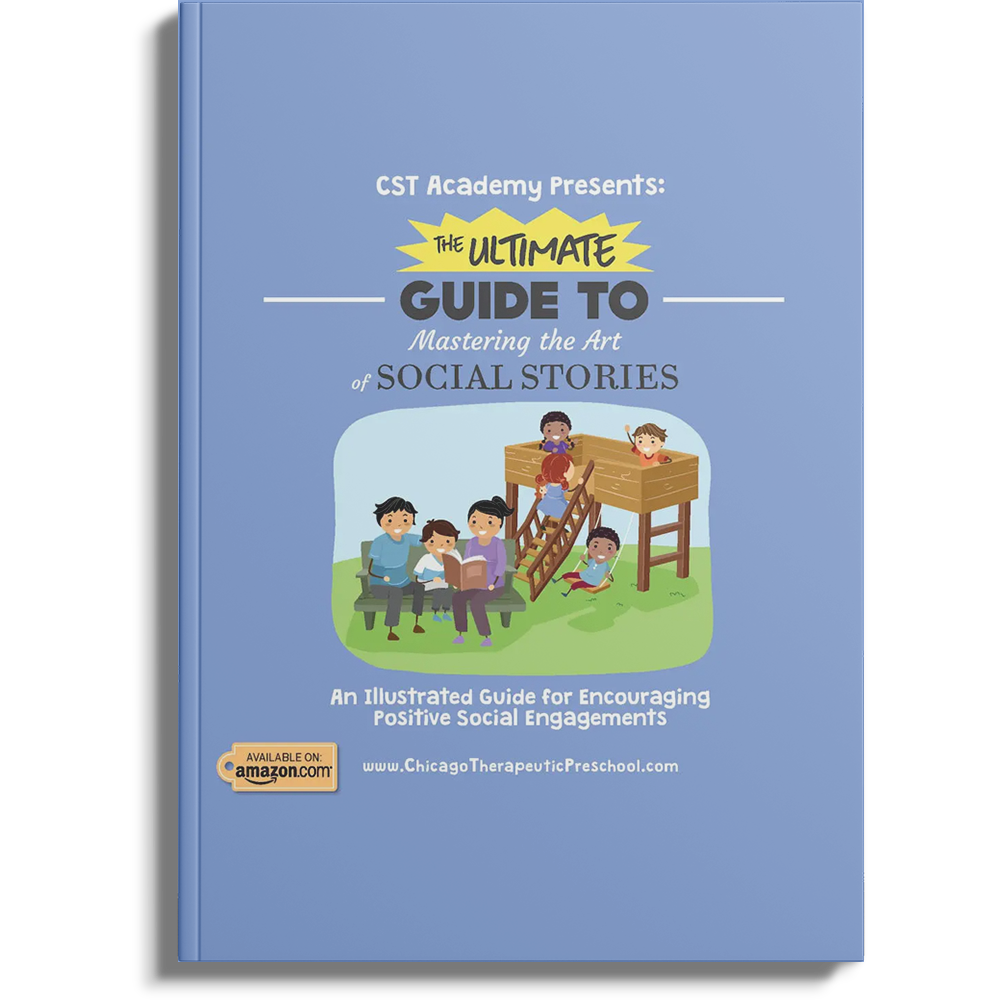Social stories are a powerful tool in the realm of special education, providing a personalized and visual approach to teaching social skills, behavior expectations, and navigating everyday situations. Developed by Carol Gray in the 1990s, social stories have become a cornerstone of support for children with autism spectrum disorder (ASD), ADHD, and other developmental disabilities. This comprehensive guide will delve into the world of social stories, exploring their benefits, how to create them, and best practices for implementation.
What are Social Stories?
Social stories are short, descriptive narratives that break down social situations, concepts, or behaviors into manageable steps. They are written from the perspective of the child, using simple language and clear visuals to explain what to expect in a given scenario and how to respond appropriately. Social stories can be tailored to a child’s individual needs, interests, and learning style, making them a highly effective and adaptable tool.
Benefits of Social Stories
- Improved Social Understanding: Social stories help children understand social cues, expectations, and the perspectives of others.
- Reduced Anxiety and Stress: By providing clear expectations and strategies, social stories can alleviate anxiety and confusion surrounding social situations.
- Enhanced Communication Skills: Social stories can help children express their needs, feelings, and thoughts more effectively.
- Positive Behavior Support: Social stories can teach appropriate behaviors and provide strategies for managing challenging situations.
- Increased Independence: By promoting understanding and self-regulation, social stories can empower children to navigate social situations independently.
How to Create Effective Social Stories
- Identify the Target Skill or Behavior: Determine the specific social skill or behavior you want to address with the social story.
- Gather Information: Observe the child in relevant situations, talk to their teachers and caregivers, and consider the child’s individual needs and interests.
- Choose a Format: Social stories can be written, illustrated, or created digitally. Select a format that best suits the child’s learning style and preferences.
- Write the Story: Use simple language, clear sentences, and a positive tone. Focus on describing the situation, explaining expectations, and providing strategies for success.
- Incorporate Visuals: Use photos, drawings, or symbols to enhance understanding and engagement.
- Review and Revise: Have someone familiar with the child review the story for clarity and accuracy.
- Share the Story: Read the social story with the child regularly, before relevant situations, or as needed.
Best Practices for Implementation
- Personalize: Tailor social stories to the child’s individual needs, interests, and learning style.
- Keep it Simple: Use clear language, short sentences, and a positive tone.
- Focus on the Positive: Emphasize desired behaviors and strategies for success.
- Use Visuals: Incorporate photos, drawings, or symbols to enhance understanding.
- Repeat and Reinforce: Read the social story regularly and provide opportunities for practice in real-life situations.
- Collaborate: Share social stories with teachers, therapists, and caregivers to ensure consistency and reinforce learning.
Conclusion
Mastering the art of social stories can have a profound impact on the social, emotional, and behavioral development of children with special needs. By understanding the principles of social stories, following best practices for creation and implementation, and tailoring them to individual needs, you can unlock a powerful tool for supporting children’s social understanding and success.







